Bariatric, Metabolic, and Weight Loss Surgery
- Home
- Bariatric, Metabolic, and Weight Loss Surgery
Bariatric, Metabolic, and Weight Loss Surgery
Bariatric, Metabolic, and Weight Loss Surgery in India addresses obesity and related health issues through procedures like Gastric Bypass, Sleeve Gastrectomy, and Adjustable Gastric Banding. These surgeries help with significant weight loss and improve conditions such as diabetes, hypertension, and sleep apnea. Indian hospitals offer advanced care with experienced surgeons, with Minimally Invasive and robotic surgery, and comprehensive support for post-surgery wellness and lifestyle changes. Medkins Healthcare connects you with the finest Bariatric & Weight Loss Surgery Specialists in India, guiding you through the selection of hospitals and Surgeons and providing support throughout your treatment journey.
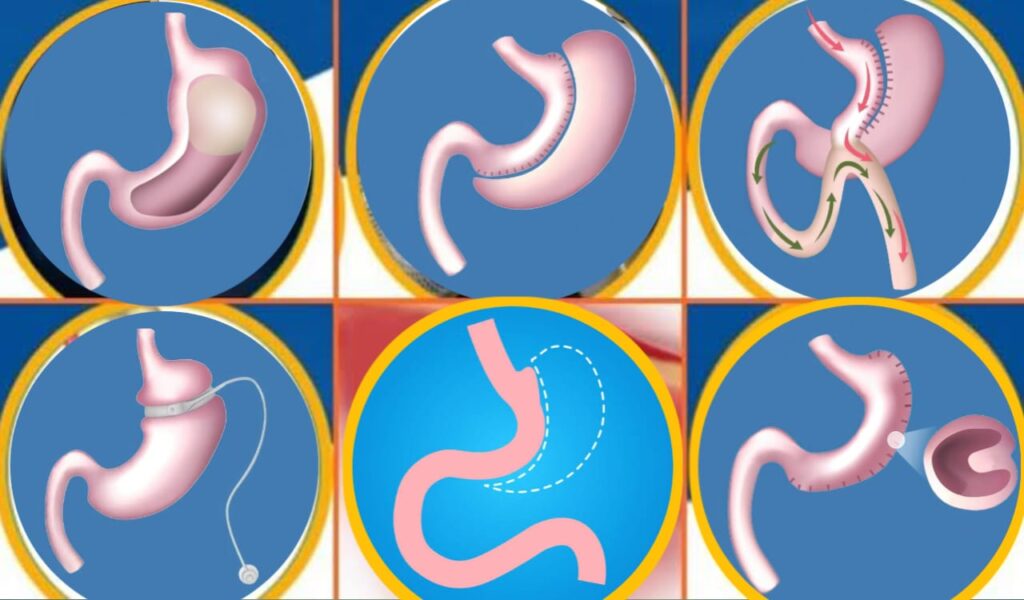
Diseases Treated by Bariatric, Metabolic, and Weight Loss Surgery Department
- Obesity: A chronic condition characterized by excessive body fat, which can lead to various health problems like heart disease, diabetes, and hypertension. It is typically defined by a body mass index (BMI) of 30 or higher.
- Type 2 Diabetes: A metabolic disorder where the body becomes resistant to insulin, leading to elevated blood sugar levels. Obesity is a significant risk factor for the development of type 2 diabetes.
- Hypertension (High Blood Pressure): A condition where the force of the blood against the artery walls is too high, often caused or worsened by obesity.
- Sleep Apnea: A disorder where breathing repeatedly stops and starts during sleep. Obesity can narrow the airway, making sleep apnea more likely.
- Hyperlipidemia: Elevated levels of fats (lipids) in the blood, including cholesterol and triglycerides, which can be caused by obesity and contribute to cardiovascular disease.
- Fatty Liver Disease (Non-Alcoholic Fatty Liver Disease – NAFLD): Excess fat builds up in the liver of people who consume little or no alcohol. It is closely linked to obesity and metabolic syndrome.
- Gastroesophageal Reflux Disease (GERD): A digestive disorder where stomach acid frequently flows back into the esophagus, often exacerbated by obesity.
- Osteoarthritis: A joint condition that can be worsened by excess body weight, leading to pain and decreased joint function.
- Polycystic Ovary Syndrome (PCOS): A hormonal disorder common among women of reproductive age, often associated with obesity and insulin resistance.
- Heart Disease: Conditions affecting the heart, including coronary artery disease and heart failure, often worsened by obesity.
- Stroke: A condition where blood supply to the brain is interrupted, leading to brain damage. Obesity and associated conditions like hypertension and diabetes increase stroke risk.
Conditions Treated by Bariatric, Metabolic, and Weight Loss Surgery
- Severe Obesity (Morbid Obesity): A condition where a person’s BMI is 40 or higher, or 35 or higher with obesity-related health conditions such as type 2 diabetes or hypertension.
- Metabolic Syndrome: A cluster of conditions (elevated blood pressure, high blood sugar, excess body fat around the waist, and abnormal cholesterol levels) that occur together, increasing the risk of heart disease, stroke, and type 2 diabetes.
- Insulin Resistance: A condition in which the body’s cells become resistant to the effects of insulin, leading to elevated blood sugar levels. It is often a precursor to type 2 diabetes and is common in people with obesity.
- Infertility Due to Obesity: Obesity can interfere with the body’s reproductive hormones, leading to infertility in both men and women.
- Venous Stasis Disease: A condition caused by poor circulation in the veins, often related to obesity, which can lead to swelling, pain, and skin changes in the legs.
- Obesity Hypoventilation Syndrome: A breathing disorder that affects some people with obesity, causing them to have too much carbon dioxide and too little oxygen in their blood.
- Cardiovascular Complications: Conditions such as heart disease and atrial fibrillation, which can worsen with obesity and benefit from weight loss surgery.
- Gallbladder Disease: Obesity is a risk factor for gallstones and other gallbladder diseases, which can improve with weight reduction.
- Depression and Anxiety: Mental health conditions that are frequently associated with obesity. Weight loss surgery has been found to improve mood and quality of life in many patients.
- Reduced Quality of Life: Obesity often limits physical activity, mobility, and social interactions, leading to a decreased quality of life.
Procedures in Bariatric, Metabolic, and Weight Loss Surgery
- Roux-en-Y Gastric Bypass (RYGB): A surgical procedure that involves creating a small pouch from the stomach and connecting it directly to the small intestine. This limits food intake and nutrient absorption.
- Sleeve Gastrectomy: A procedure where approximately 80% of the stomach is removed, leaving a tube-shaped stomach. This limits the amount of food that can be consumed and reduces hunger by removing part of the stomach that produces hunger hormones.
- Adjustable Gastric Banding (Lap-Band): A band is placed around the upper part of the stomach to create a small pouch to hold food, restricting the amount of food intake.
- Biliopancreatic Diversion with Duodenal Switch (BPD/DS): This complex surgery involves removing a portion of the stomach and rerouting the intestines to limit both food intake and absorption of nutrients.
- Intragastric Balloon: A non-surgical procedure where a balloon is inserted into the stomach and inflated to reduce the amount of space available for food, helping patients eat less.
- Endoscopic Sleeve Gastroplasty (ESG): A minimally invasive procedure where the stomach is sutured to reduce its size, limiting food intake without removing any part of the stomach.
- Revision Bariatric Surgery: A procedure performed to modify or repair a previous bariatric surgery, often due to complications or insufficient weight loss.
- Single Anastomosis Duodeno-Ileal Bypass with Sleeve Gastrectomy (SADI-S): A newer bariatric procedure that combines aspects of the duodenal switch and sleeve gastrectomy to reduce stomach size and bypass a portion of the intestines.
- Mini Gastric Bypass: A simpler variation of the traditional gastric bypass that involves creating a small stomach pouch and bypassing a portion of the small intestine.
- Laparoscopic Gastric Plication: A procedure that folds the stomach into itself, reducing its volume and limiting the amount of food it can hold, but without removing any part of the stomach.
Our Focused Specialties
Multi-Specialty Care Hub
Discover India’s diverse multi-specialty health departments and treatments. We’re dedicated to ensuring a healthier tomorrow, navigating the dynamic realm of Indian healthcare. Our wide range of specialties includes top-notch hospitals, selected based on quality and healthcare facilities. Join us for a personalized journey to optimal health and wellness.
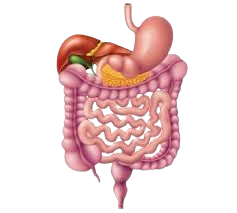
Gastro-intestine

Pulmonology

Ophthalmology
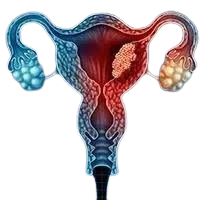
Gynaecology
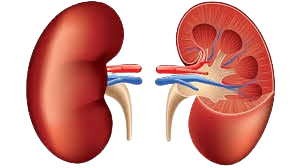
Nephrology
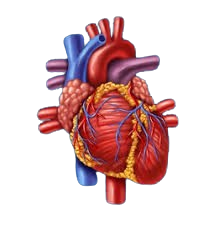
Cardiac

Hematology

Neurology
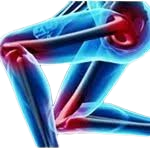
Bone & Joint
Looking for an expert !
Our Healthcare is home to some of the eminent doctors in the world

Dr Rajesh Sharma

Dr Sandeep Vaishya

Dr Sandeep Vaishya

Dr Rajesh Sharma

Dr Rajesh Sharma

Dr Sandeep Vaishya
Easy Access Links
- International Patients
- We & Why
- Core Specialites
- Common Procedures
- Hospitals
- Doctors
- Treatment Locations
- Way To Healing
- Wise to ask before
- Comfort and Satisfaction
